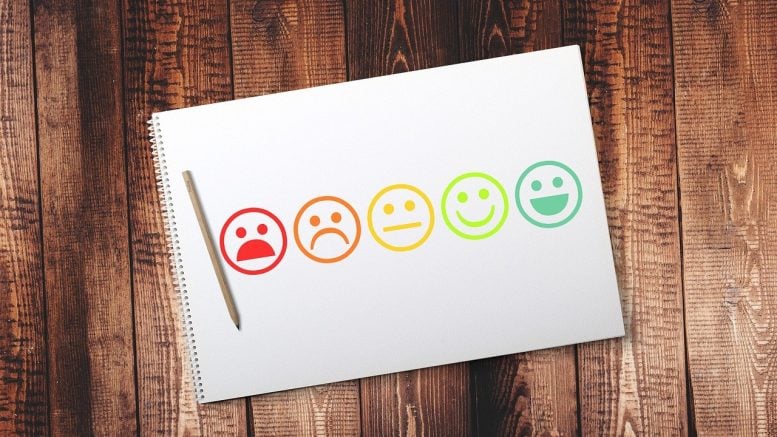On May 4, Walgreens said about COVID-19 impact on mental heath and wellbeing: according to the company data, 73 percent of those vaccinated say getting the vaccine has had a positive impact on their mental health. More than two-thirds (67 percent) of respondents feel that vaccination will benefit their physical health as well.
“Our pharmacy staff and store team members have seen first-hand some of the emotion from customers and patients — having endured the past year of the pandemic, and now, recognizing the vaccine can be the catalyst to getting back to the people, and the things they truly value and have missed the most,” said Rina Shah, Walgreens group vice president of pharmacy operations and services. “As more people look to resume their pre-pandemic lifestyle, the coronavirus vaccines have been and can continue to be the key for doing so as quickly and safely as possible.”
COVID-19 Impact on Mental Heath
The COVID-19 pandemic and the resulting economic recession have negatively affected many people’s mental health and created new barriers for people already suffering from mental illness and substance use disorders. During the pandemic, about 4 in 10 adults in the U.S. have reported symptoms of anxiety or depressive disorder, a share that has been largely consistent, up from one in ten adults who reported these symptoms from January to June 2019.
A KFF Health Tracking Poll from July 2020 also found that many adults are reporting specific negative impacts on their mental health and well-being, such as difficulty sleeping (36%) or eating (32%), increases in alcohol consumption or substance use (12%), and worsening chronic conditions (12%), due to worry and stress over the coronavirus. As the pandemic wears on, ongoing and necessary public health measures expose many people to experiencing situations linked to poor mental health outcomes, such as isolation and job loss.
During the pandemic, frontline health care workers have reported feelings of anxiety and depression and thoughts of suicide. The KFF Health Tracking Poll conducted in mid-April 2020 found that 64% of households with a health care worker said worry and stress over the coronavirus caused them to experience at least one adverse impact on their mental health and well-being, such as difficulty sleeping or eating, increases in alcohol consumption or substance use, and worsening chronic conditions, compared to 56% of all households. Prior to the pandemic, nurses and physicians were already prone to experiencing burnout, with physicians also having an elevated risk of suicide.
“Among adults reporting symptoms of anxiety and/or depressive disorder, more than 20% report needing but not receiving counseling or therapy in the past month during the pandemic. Limited access to mental health care and substance use treatment is in part due to a current shortage of mental health professionals, which has been exacerbated by the pandemic. The pre-pandemic shortage of psychiatric hospital beds has also worsened with the surge of COVID-19 patients needing beds at hospitals across the nation,” – KFF report.
The Survey
Survey respondents were comprised of individuals who are fully or partially vaccinated. With more than half of U.S. adults now in this vaccinated population and many returning to pre-pandemic activities and lifestyles, the sentiment most shared among those vaccinated is relief (64 percent), followed closely by thankfulness and optimism, the survey shows.
According to the survey, most eager to do post-vaccination and having built up full immunity, most respondents (60 percent) said seeing family and friends. Dining out and traveling were second and third on the list, respectively. Nearly 70 percent of respondents were looking to get the vaccine “as soon as it became available” to them.
However, 29 percent of those surveyed had mixed feelings, but ultimately decided vaccination was the best/right thing to do. Among the initially hesitant group:
- Sixty percent are women and half are under 40 years’ old
- Most said they decided to get the vaccine to help protect others, while the majority of early adopters cited their own peace of mind and protection as their top motivator
- This group also felt they were more likely to take limited risks throughout the pandemic than their peers
- Two percent of respondents got the vaccine because it’s required by their employer.
Findings from the research are based on an online survey of 1,500 people. The survey included a nationally representative sample of Americans over the age of 18 who reported getting one or both doses of a two-dose vaccine, or a one-dose vaccine.





Be the first to comment on "Walgreens Survey: COVID-19 Impact on Mental Heath"